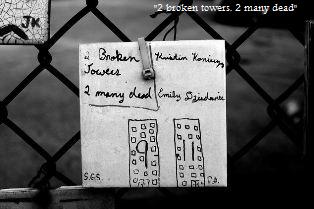Ethno-religious Identities and Cosmopolitan Echoes in John Updike’s ‘Terrorist’ (2006) and Joseph O’Neill’s ‘Netherland’ (2008)
DOI :
https://doi.org/10.13130/2035-7680/1297Mots-clés :
September 11, Terrorist Attacks, John Updike, Joseph O’Neill, Race, Religion, CosmopolitanismRésumé
Far from offering a cohesive representation of ethnic and racialized individuals after the terrorist attacks of 9/11, US recent fiction on this particular subject navigates otherness in many contradictory ways, ranging from the resistance to represent, or even think, alterity in literary forms to the desire of exploring, if not mastering it through characterization. The novels here examined, John Updike’s Terrorist (2006) and Joseph O’Neill’s Netherland (2008), deal with the long-term aftermath of 9/11 rather than shaping its symptomatic repercussions in the days following the attacks. Yet, Updike and O’Neill pick up on the dualisms that run across early post-9/11 America and represent, though in ways that are at largely at odds, the impossibility for (either naturalized or immigrant) ethnic subjects to suture their own identity to the fabric of American society. Theirs are stories of naiveté and exclusion that convey a rather pessimistic vision of multiculturalism in the twenty-first-century US society. In both Updike and O’Neill’s novels, 9/11 has augmented social tensions and racial hatred: on the one hand, mainstream white America appears self-absorbed and depressed, unable to open up fully to the unfit or the different; on the other hand, racialized individuals are depicted in an ambivalent light and are in the end doomed because of their blind and staunch faith, regardless whether it is pinned on Islam or the American dream. This would leave us with a rather bleak picture if it were not for the fact that the “white gazes” that shape the novels cast a benign, sympathetic light on the ethnic characters by turning them into victims of their own intransigence and of even larger systemic forces beyond their control.Téléchargements
Les données relatives au téléchargement ne sont pas encore disponibles.
Téléchargements
Publié-e
2011-09-09
Comment citer
Mansutti, Pamela. 2011. « Ethno-Religious Identities and Cosmopolitan Echoes in John Updike’s ‘Terrorist’ (2006) and Joseph O’Neill’s ‘Netherland’ (2008) ». Altre Modernità, septembre, 105-23. https://doi.org/10.13130/2035-7680/1297.
Numéro
Rubrique
Saggi Ensayos Essais Essays




